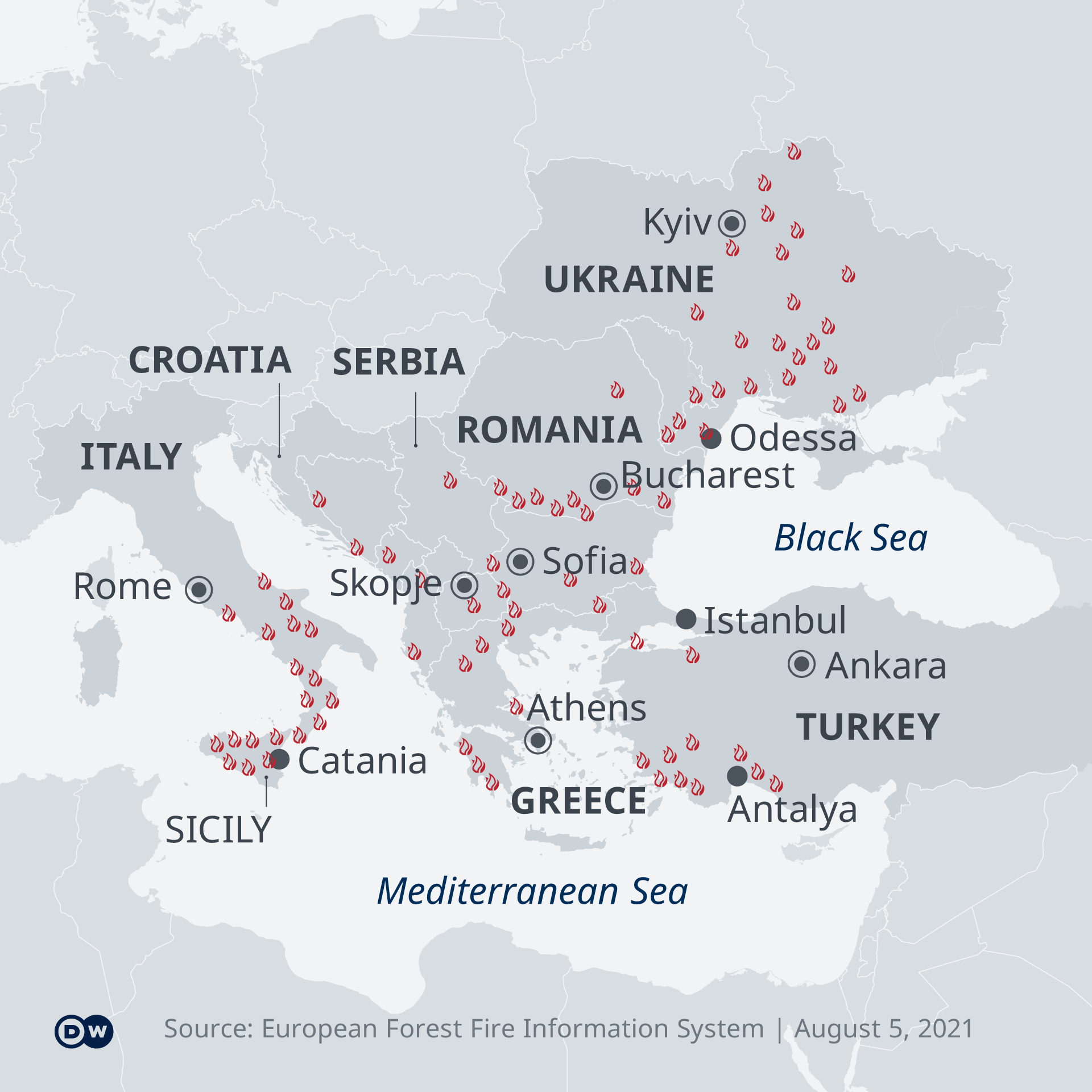
South Korea has pledged to tackle greenhouse gas emissions by 2050.
Aug. 5 (UPI) -- South Korea proposed three ways to drastically cut carbon emissions by 2050, but some proposals do not meet Seoul's pledge of zero emissions by that year, local environmental activists say.
Korea's presidential 2050 Carbon Neutrality Committee said Thursday that it has drafted road maps to reduce greenhouse gas emissions by the target year, JTBC television and News is reported.
The first two plans will allow some level of carbon emissions. Plan 1 proposed allowing up to 25.4 million tons of emissions and Plan 2 has suggested 18.7 million tons. Plans 1 and 2 represent a reduction of emissions by 96.3% and 97.3%, respectively, according to Yonhap.
Only Plan 3 offers a roadmap to zero emissions, reports said.
Plan 1 also allows for the continued operation of 7 new coal power plants that recently came online or are near completion. Plan 2 assumes the shutdown of all 7 plants, according to JTBC.
Plan 3 offers a scenario in which all fossil fuel-based power plants and transportation are phased out and replaced by green energy sources.
While the plans propose a more environmentally friendly future amid a global movement to reduce emissions, the capacity of Korea's natural "terrestrial sinks" including forests to absorb greenhouse gases is shrinking.
According to JTBC, the capacity of Korean forests to absorb carbon dioxide will decrease to 24 million tons by 2050, from the present-day capacity of 41.3 million tons.
The presidential committee is to gather feedback from specialists and environmental groups through September.
The Korea Federation for Environmental Movements said Thursday that the proposals are "carbon neutral" in name only, referring to Plans 1 and 2, Newsis reported.
A "low conversion rate" to eco-friendly fuels also is a disappointment, activists said.
Greenpeace Korea said in statement that it is "very worrying" that the committee made no mention of goals for 2030.
Berlin-based Climate Analytics has said South Korea should slash emissions at least 59% by the end of the decade.






























